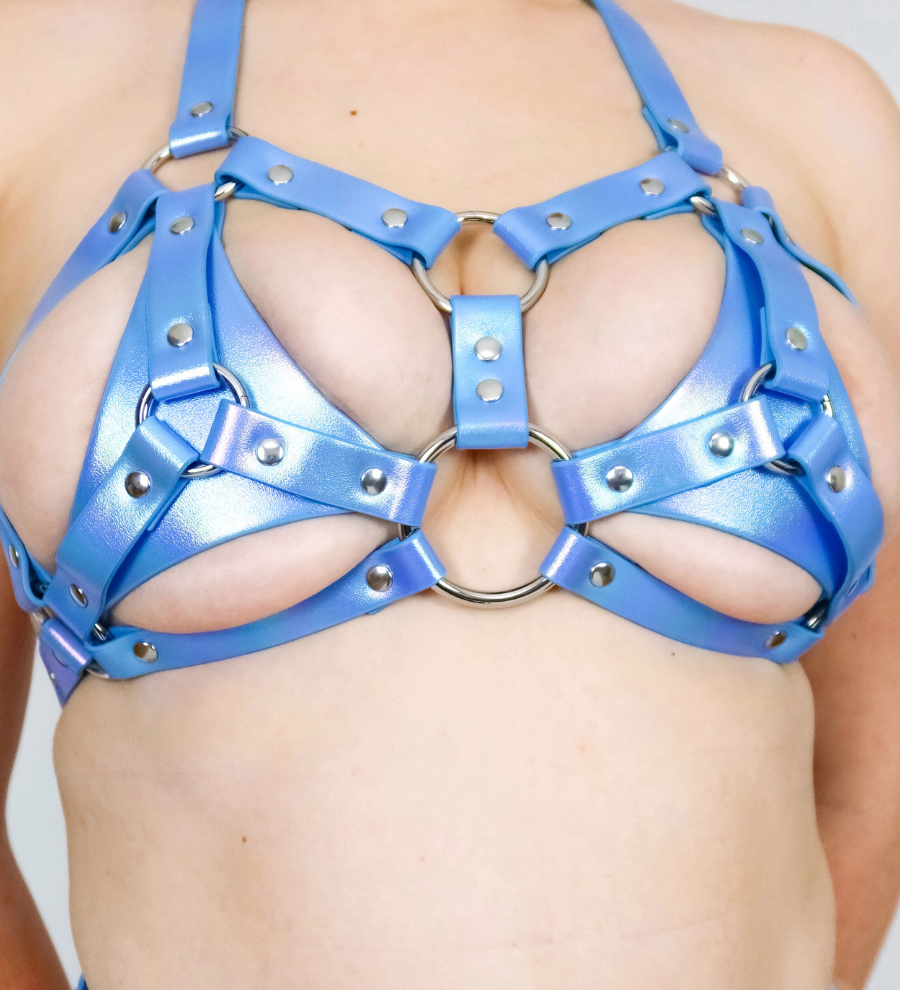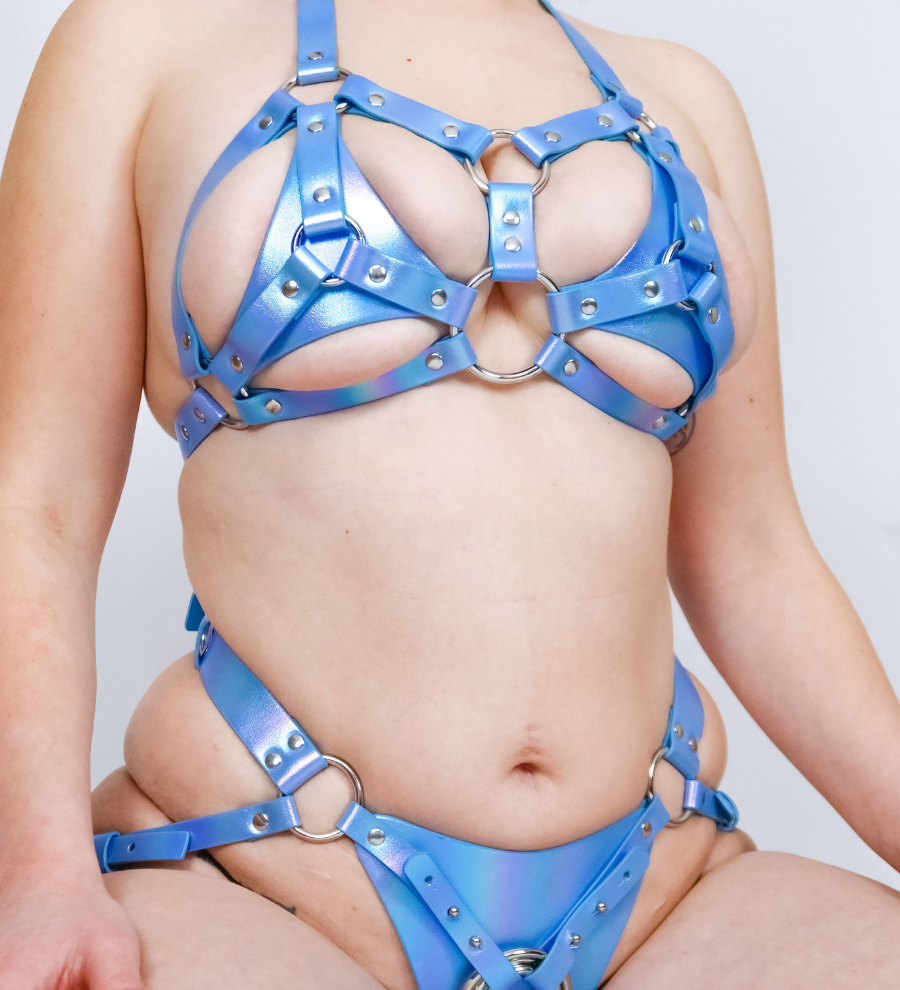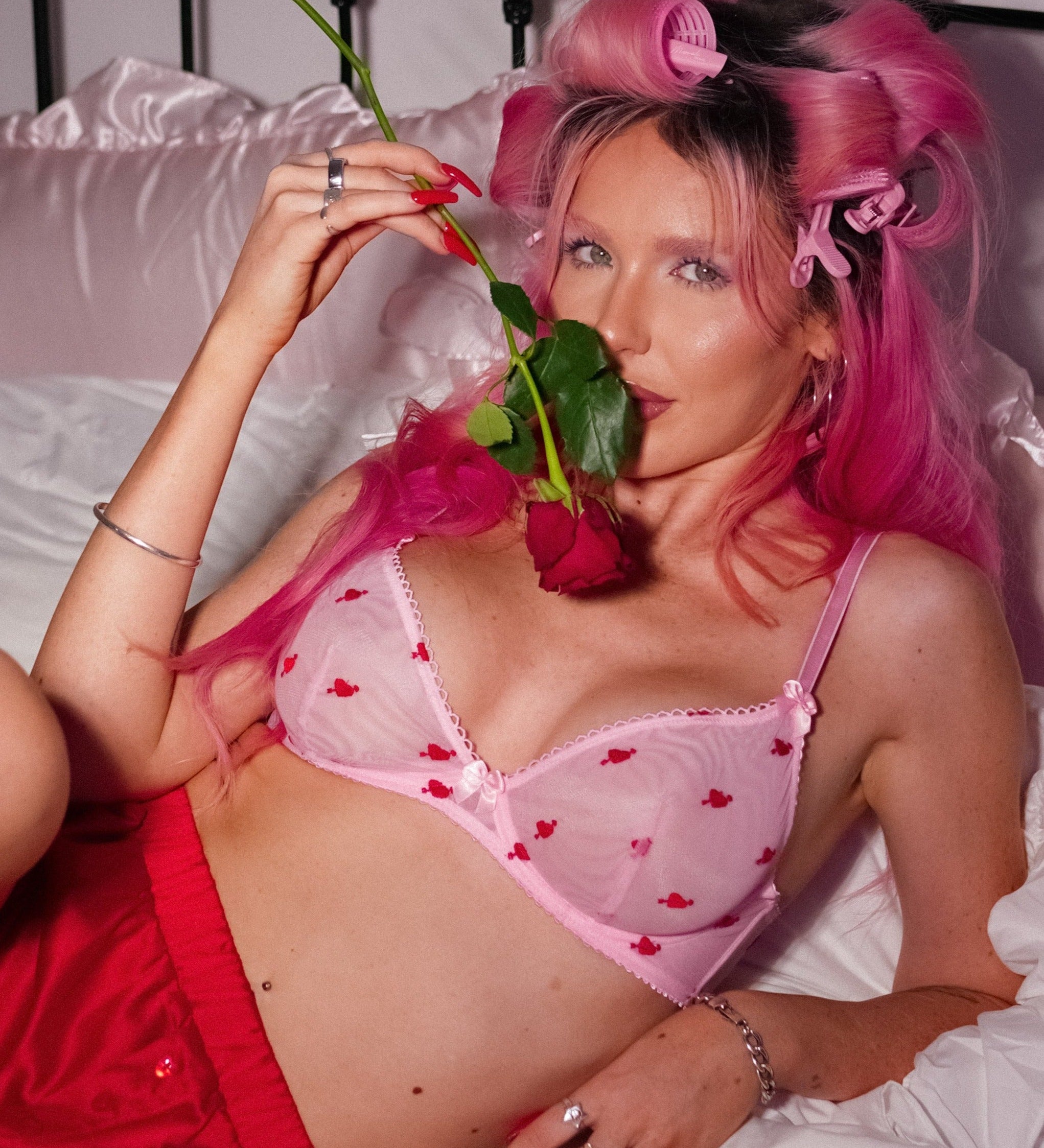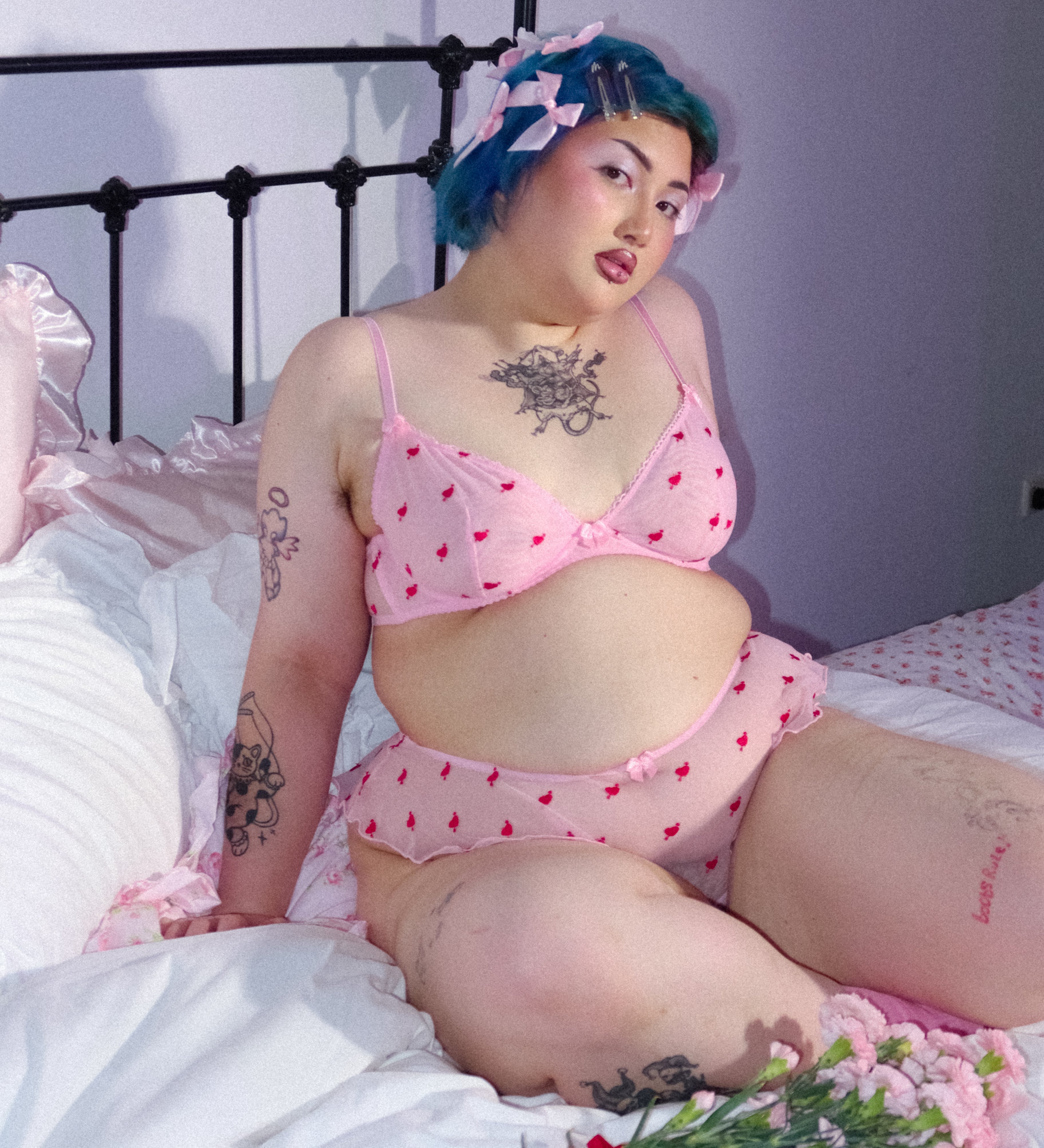Why do we feel guilty for enjoying ourselves?
It seems like a simple question, but the more I think about it, the more I realise how uncomfortable many of us are with the idea of pleasure. When I talk to friends, guilt often comes up.. guilt for overindulging, spending too much, not being productive enough, or not working hard enough. Guilt piles and piles and what do we get? Shame!
For some, enjoyment is simply just pushed to the bottom of the priority list, behind money, productivity, and status or anything that can be quantified, achieved, or validated by others. Even when we do allow ourselves pleasure, it’s often shadowed by the sense that we should be doing something more useful.
What if pleasure didn’t have to be earned?
Pleasure, for me, feels like the opposite of all that. It exists in the now. It’s simple. It can happen at any moment and doesn’t need cost nothin'! The beauty of it is it can be found in ordinary things: a warm bath, slow sex, laughing with a friend, eating a real breakfast, watching the sun go down. These are the moments we always say we want more of but rarely prioritise.
Why? Because we’re taught that pleasure comes after productivity. That it needs to be deserved. This is part of a deeply ingrained punitive mindset. One that says we must delay gratification and work relentlessly for the promise of future rewards. Yes, achieving something after hard work can feel satisfying. But when everything becomes a transaction, life begins to feel like a series of sacrifices with no space left for joy.
Why is pleasure seen as indulgent or wrong?
Pleasure is often treated with suspicion. It’s seen as indulgent, selfish, or even shameful. I know I have felt like that before. But why is that?
Historically, religious and moral frameworks have painted hedonism as sinful (hello, purity culture, you wicked betch) . Pleasure was associated with temptation and weakness, a danger to society, and denying oneself was a sign of virtue. These ideas weren’t just spiritual, they served a purpose. Encouraging restraint and sacrifice kept people obedient, productive, and focused on long-term goals that aligned with societal norms.
Over time, these messages filtered into our collective mindset. We internalised the belief that pleasure is greedy or wasteful, that we need to earn rest, or that doing something simply because it feels good is somehow less valuable than doing something for gain.
(Did you know: today we work today more on average than the average medieval peasant? Thanks for nothing, industrial revolution).
What if pleasure is actually necessary?
But what if pleasure is what really matters?
Pleasure is good for your brain. Regularly engaging with enjoyable sensations can shift the way you think. Rewiring your brain to be more receptive to positive experience. It helps break cycles of stress and negative thought patterns. It reminds us to be present, connect with our bodies, and find grounding in the moment.
Pleasure doesn’t just feel good, it does good. Experiences like touch, rest, intimacy, nature, laughter, and slowness can reduce anxiety, strengthen connection, and support emotional regulation. None of which are luxuries - they’re essential to the human experience.
Is ‘being too busy’ always a choice?
I know people often say they’re "too busy" for pleasure. And sometimes, that’s true. Especially for women and marginalised people, overwork and over-functioning aren’t just habits but can be survival strategies in systems that undervalue rest and overvalue output.
But often, being "too busy" is also about internalised values. Even when we technically can slow down, many of us don’t feel like we’re allowed to. We’ve learned to associate our worth with what we produce and ignore how we actually feel.
Why this is important to me?
I decided to pursue a pathway in sexuality coaching to help people reconnect with this base part of their human experience that can be meditative, joyful, fulfilling and aid connection with self and others. Pleasure and sex are good for your wellbeing and I believe anything that helps individuals feel good is better for the collective. I have my own journey and relationship with the topics I’ll be covering. So I’m really excited to post here and bring you content that you can connect with and implement into your own lives.
I hope my approach to pleasure and sexuality helps you connect with or deepen your connection to your body and sense of self with compassion, love and excitement.
I will absolutely love to hear from my readers! Please send in your comments, questions and feedback and let’s get a little community of hedonists going.
xx Mack xx



























